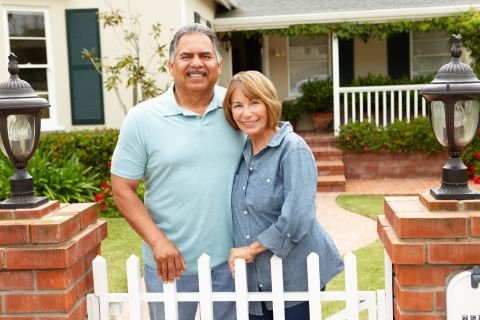How much do you need in retirement?
It's a question we have, or will ask ourselves at some point in our lives. Our partner, Retirement Essentials looks at the numbers.
Sponsored Story

The Government’s recent Retirement Income Review looked at this question and came up with three different approaches to answering it.
Based on ABS statistics, median household expenditure for 65-69 year olds is a bit over $700 per week or $36,000 per year. Couples on average would have higher expenditures than this and singles lower.
For most people, essentials such as food and housing are the major areas of expenditure although in early retirement, more discretionary items such as travel and recreation are relatively high.
As people grow older, housing and medical costs tend to increase but this is offset by reductions in discretionary spend.
Surprisingly, that drop in discretionary expenditure is typically a matter of choice rather than necessity. In fact, one of the government’s big concerns is that people tend to underspend in retirement.
Many people are so concerned about running out of money that they have more saved when they die than when they started retirement.
Another approach is to look at industry benchmarks. One of these is the ASFA standard. This was developed to identify how much people would need in retirement.
This standard estimates a single person would need $27,987 p.a. for a modest retirement and $43,901 for a comfortable one. A couple would need $40,440 and $62,083 respectively.
The modest standard is slightly higher than the Age Pension.
The more aspirational ‘comfortable’ standard actually exceeds the living standards of 70% of singles and 60% of couples of working age.
Standards are useful, but of course we all have different circumstances. For instance, people in regional Australia may have different costs from those living in the cities.
So, “replacement ratios” which compare income in retirement to income while working are a good measure of how much might be needed.
Generally people don’t need quite as much in retirement as they no longer have:
the costs of working
the taxes on their salary
super contributions.
The Review estimates 65-75% of pre-retirement income is a good replacement target. So, someone earning $60,000 in their job might need $39-45,000 in retirement.
So there are many different approaches but from what we have seen at Retirement Essentials, most people tend to use their pre-retirement spending as their starting point and adjust when necessary.








